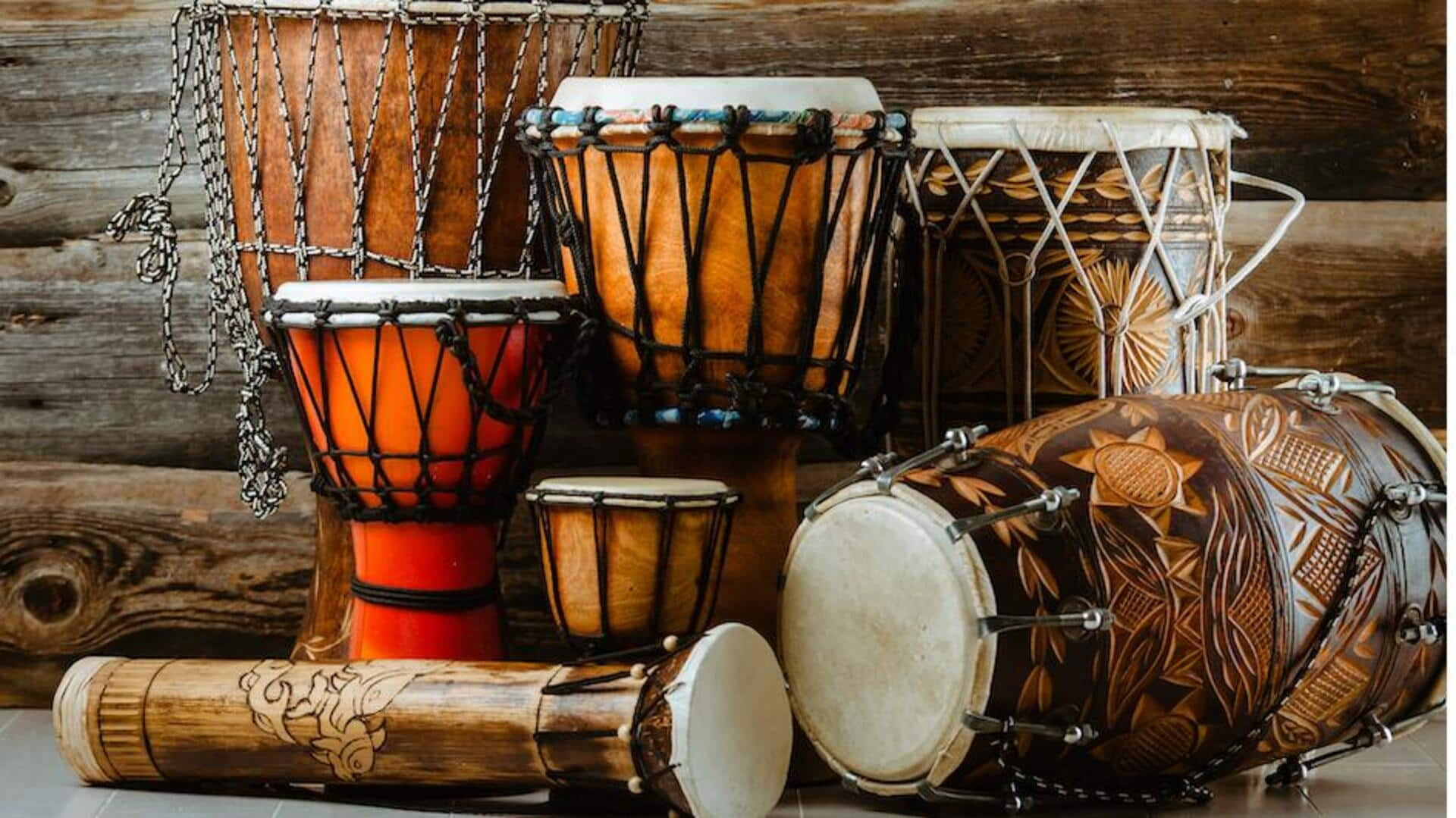
Exploring African ethnomusicology
What's the story
Ethnomusicology in Africa focuses on music as a cultural phenomenon, prioritizing indigenous and folk traditions over Western classical or popular music. It safeguards intangible cultural heritage and provides a lens to understand the social, political, and even historical fabric of African societies. Through the profiles of pioneering ethnomusicologists, we gain a deeper appreciation for Africa's vibrant and diverse musical tapestry.
Trailblazers
Pioneers in African music research
Hugh Tracey (1903-1977) is often regarded as the granddaddy of African ethnomusicology. He spent his entire life recording and studying traditional African music all over Sub-Saharan Africa, documenting the sounds of over 250 ethnic groups. His work not only paved the way for future research but also saved thousands of songs from disappearing forever. Respect!
Modern scholars
Contemporary voices in ethnomusicology
Pioneering scholars such as Ghana's Nketia Kwabena have significantly expanded our understanding of African music. His groundbreaking work advocates for its global recognition, highlighting its academic and cultural significance. Kwabena's legacy sees modern ethnomusicologists not only preserving traditions but also actively advocating for global recognition. They underline their crucial role in the world of music.
Digital era
The role of technology in preservation
The rise of digital technology has fundamentally changed the game for ethnomusicologists. Today, researchers are able to record, archive, and share traditional music with unprecedented ease. This technological transformation has been a boon for preservation efforts, opening up access to rare recordings for a global audience and ensuring that these cultural treasures are not lost to time.
Cultural impact
Ethnomusicology beyond academia
Ethnomusicologists are not just confined to the world of academia; they play a crucial role in fostering cultural appreciation and understanding among different communities. By curating concerts, exhibitions, and workshops featuring traditional African music, these scholars serve as cultural ambassadors, bridging gaps between diverse groups. They facilitate intercultural dialogue by harnessing the universal language of music, fostering a deeper exchange of cultural values and perspectives.
Future directions
Challenges and opportunities ahead
Despite its significant strides, African ethnomusicology remains underfunded and underrepresented in mainstream media. These challenges, while formidable, also serve as catalysts for innovation within the field. By fostering direct engagement between scholars and the communities they study, there is potential for collaborative projects that not only advance academic knowledge but also contribute to the preservation and empowerment of local cultures.